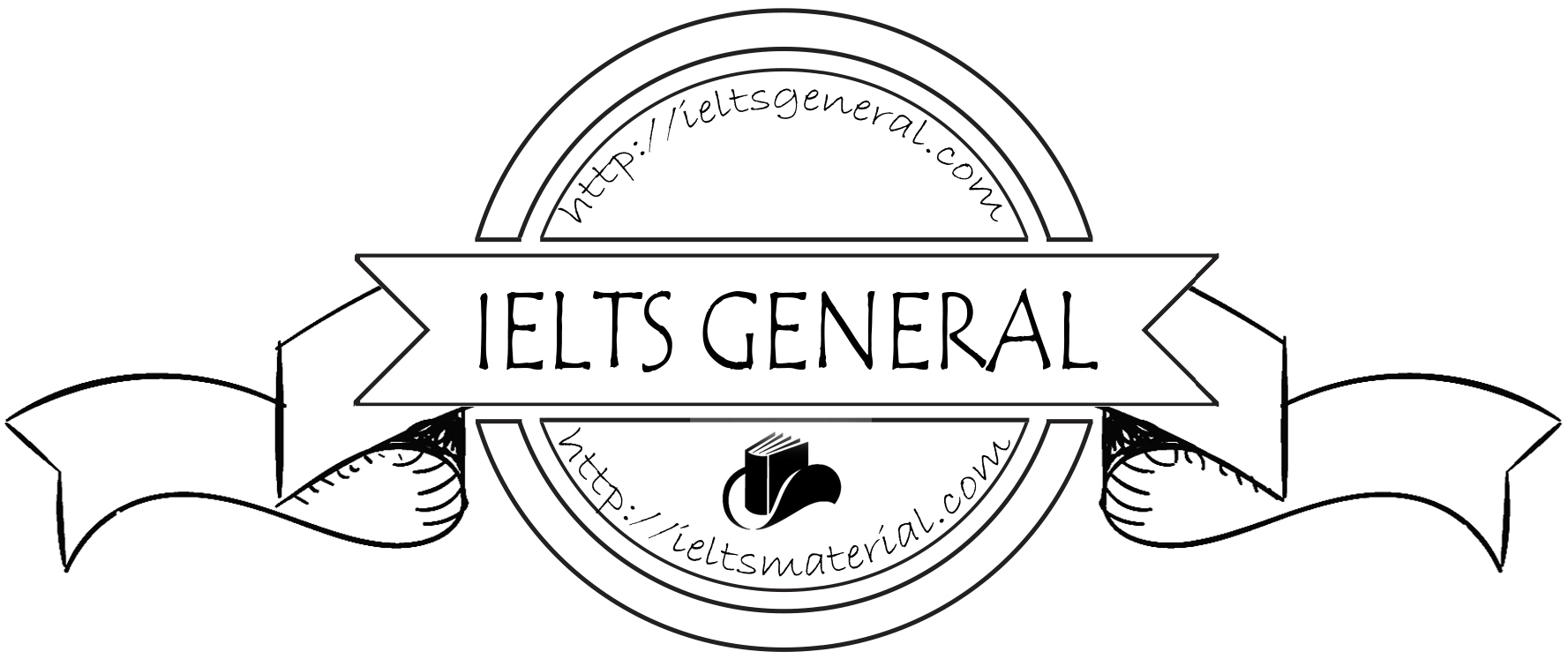151. Using one other instead of another
Don’t say: Please give me one other book.
√ Say: Please give me another book.
Another is formed from an and other, but instead of being written an other, it’s written as the word another.
152. Using the superlative instead of the comparative
Don’t say: John is the tallest of the two boys.
√ Say: John is the taller of the two boys.
Use the comparative when two people or things are compared.
153. Using from after the comparative instead of than
Don’t say: Amy is taller from her brother.
√ Say: Amy is taller than her brother.
Adjectives for adverb(s) in the comparative are followed by than and not by from.
154. Using the comparative instead of the superlative
Don’t say: Cairo is the larger city in Africa.
√ Say: Cairo is the largest city in Africa.
Use the superlative when more than two persons or things are compared.
155. Using the more instead of most
Don’t say: The more people will agree with me.
√ Say: Most people will agree with me.
Use most (not the more) when you mean the majority of.
Note: Use the more in sentences like “The more I complain, the more laugh. The more we write, the happier our tutor becomes.
156. Using more good or more bad instead of better or worse
Don’t say: This one looks more good than that.
√ Say: This one looks better than that.
The adjectives good and bad have irregular form of comparison good, better, best and bad, worse, worst
157. Using home instead of at home
Don’t say: In the afternoon I stay home.
√ Say: In the afternoon I stay at home.
Use the phrase at home to mean in the house.With such verbs, as come or go no preposition is necessary –> He wants to go home.
158. Using from instead of one of or among
Don’t say: She is from the nicest girls I know.
√ Say: She is one of the nicest girls I know.
Avoid using from in the sense of one of or among
159. Using the passive infinitive (to be + past participle) instead of the active (to + infinitive)
Don’t say: English isn’t easy to be learned.
√ Say: English isn’t easy to learn.
The adjectives easy, difficult, hard, heavy, good, etc. are generally followed by the active infinitive.
160. Using an intransitive verb in the passive form
Don’t say: She was disappeared from the house.
√ Say: She disappeared from the house.
As a rule, don’t use intransitive verbs, like appear, seem, become, consist in the passive form. Intransitive verbs don’t have an object.
